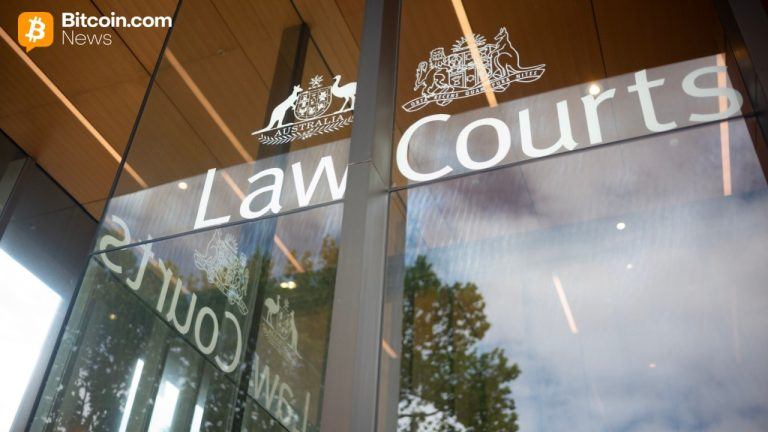Max Keiser Got it Right: Ray Dalio Now Owns Bitcoin
After recent inflationary concerns and monetary policy stances that the US government has announced, Dalio has warmed up to the concept of Bitcoin as a store of value and is starting to hold it in higher esteem compared to certain traditional vehicles like government bonds.
Inflation Takes Hold
After a long period of suppressed demand, the economy is bouncing back from the pandemic, bringing with it the problem of supply shortages across the board. Sustained price increases are hitting the world, as the US sees the biggest inflation jump since 2008. It’s a cautious time for investors with large cash reserves or treasury bonds, as in a period of high inflation, their nominal purchasing power will drop rapidly.
Ray Dalio, much like the majority of the cryptocurrency world, believes that Bitcoin will fare better than bonds in an inflationary era like the one we’re in right now. The narrative that Bitcoin is a hedge against inflation has yet to be proven in practice – but the economic theory is sound. Provided a sustained level of demand, a reduction in supply will inevitably lead to a price increase.
A point of contention, however, is the legitimacy of Bitcoin’s demand – how much of it is speculative/mania-fuelled, and how much of it is from manipulation? This, of course, depends on how much fundamental utility Bitcoin can retain once the bubble’s dust settles.
Bitcoin’s Greatest Challenge
Dalio posits: “Bitcoin’s greatest risk is its success.” As Bitcoin gains popularity as a valid alternative store of value, away from both the hands and eyes of the government, it’ll start to be viewed as a legitimate threat to authority. This is already taking place as regulations creep in: however, a potential death blow may occur if the US government bans cryptocurrencies altogether.
Central to the cryptocurrency ecosystem is the fact that people can move fiat into crypto (and crypto into fiat) quickly and easily using centralized exchanges. Governments would trivially be able to ban these exchanges from operating, which would cut off a great deal and utility for cryptocurrencies as a whole.
The more success Bitcoin garners as an investment vehicle, the bigger a target it becomes for world governments wishing to retain their hold on money (and therefore, power).
The Road Ahead
As Bitcoin skeptics slowly flip into proponents, the road ahead is both promising and rocky. Adoption rates are slowly rising as the average person realizes the convenience of storing value on a permissionless blockchain, and the prospect of shielding value from inflation becomes more and more enticing as the weeks drag on.
Michael Burry not too long ago predicted that a massive Weimar-like spike in inflation was about to hit the US and has taken on massive short positions in treasury bonds. It might be time for Bitcoin to prove its worth, as a climate quite like this has never been seen before in its short lifetime.
Max Kaiser, the host of Keiser Report, told CryptoPotato that Dalio’s move (given that he has the world’s largest hedge fund) will cause the rest of the industry to ‘fall in line.’ He suspects that international funds, particularly in Norway and Qatar, will announce ‘big positions’ in Bitcoin soon.
He believes that the failure to do so would ‘violate their fiduciary responsibility’ and that the ‘new Bitcoin paradigm and reality will spread through the global fund management business quickly.’ This puts his target price for BTC at over $500K within 2 years.
It’s worth noting that Keiser was among the first who predicted that Dalio could have a U-turn on BTC months ago.


